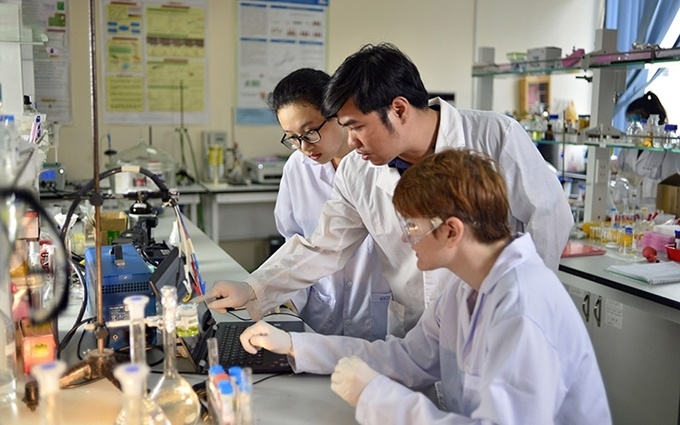 |
| Human resources are the key value in scientific and technological development. |
The Key to Innovation
The draft Law on Science, Technology and Innovation, presented at the National Assembly session, received high praise for its urgency. Vice Chairwoman of the National Assembly Nguyen Thi Thanh emphasized the proactive spirit of the drafting agency in institutionalizing Resolution 57-NQ/TW on breakthroughs in science, technology, innovation and national digital transformation. The draft dossier fully meets the procedures of the Law on Promulgation of Legal Documents, but since Resolution 193 (Resolution 193/2025/QH15 of the National Assembly on piloting a number of special policy mechanisms to create breakthroughs in science, technology, innovation and national digital transformation, effective from February 19, 2025) has only been in effect for nearly 2 months, Ms. Thanh proposed that it is necessary to urgently evaluate the effectiveness in order to legalize appropriate regulations, creating a legal framework to promote breakthroughs in science, technology and innovation.
Human resources are considered by delegates to be a key factor in this process. Vice Chairwoman of the National Assembly Nguyen Thi Thanh proposed to raise the priority of human resource development policy in the list of policies in Article 11, instead of placing it at the bottom as it is now, and to add specific mechanisms to attract overseas Vietnamese and foreign experts, including naturalization, real estate ownership, competitive income and a favorable working environment. Chairman of the National Defense, Security and Foreign Affairs Committee Le Tan Toi emphasized that special incentives are needed for scientists serving national defense and security, especially in high-tech research such as cyberspace, to meet the requirements of modern warfare. Chairman of the National Assembly's Culture and Social Affairs Committee Nguyen Dac Vinh also proposed to distinguish between regular and major expenditures, and to establish a funding mechanism for breakthrough research ideas from organizations or individuals lacking resources, in order to stimulate spontaneous initiatives with national potential.
In particular, the controlled testing mechanism is the focus of discussion. The draft stipulates a maximum testing period of 3 years, which can be extended for another 3 years, different from the Law on Digital Technology Industry (2 years, extended for 2 years). Chairman of the Law Committee Hoang Thanh Tung is concerned that this difference may cause confusion in implementation, and suggests reviewing to synchronize and prioritize adjusting one of the two laws. The authorization for the Government to issue detailed regulations, even different from the current law, is considered special, but must be consistent with Article 14 of the Constitution and the Law on Organization of the Government. Mr. Tung proposed that the Government report to the National Assembly Standing Committee before issuing new regulations, limit the application period to 1 to 2 years, and amend related laws in 2025 according to Resolution 57 to ensure the consistency of the legal system.
Regarding the concept, Vice President Nguyen Thi Thanh pointed out the ambiguity between “creative startups” and “creative startup enterprises” in Article 3. She proposed to amend the concept of creative startups to the activities of new enterprises, based on technology or breakthrough business models, to be consistent with the concept of startups and ensure easy-to-understand text.
Mr. Nguyen Dac Vinh highly appreciated the expansion of the definition of scientific and technological organizations, including the non-public sector, but suggested reviewing policies to ensure equality between the public and private sectors, avoiding bias towards the public sector as is currently the case.
Ensuring quality and consistency
Regarding finance and budget, Vice Chairman of the National Assembly Nguyen Duc Hai proposed restructuring the Chapter on finance, especially Article 65, when the spending level of 2% of the total state budget expenditure is considered difficult to achieve. He suggested adjusting the target flexibly, prioritizing the budgeting for national science tasks before the development fund and adding regulations on strict auditing of large projects, learning from international experience. Science, technology and venture capital funds need to clarify their functions, scope and social responsibility to avoid waste. Mr. Nguyen Dac Vinh noted that many localities do not clearly understand the concept of science and technology activities according to Resolution 57, leading to difficulties in using the budget and suggested clarifying the scope including research, application and business.
The draft also amends 14 related laws, such as the Land Law, Labor Code, Housing Law and Planning Law... However, according to Mr. Hoang Thanh Tung, many contents do not need to be amended. For example, exemption of land rent for scientific research has been assigned to the Government to regulate in the Land Law, or simplification of work permits for foreigners is already in the Labor Code. Vice Chairman Vu Hong Thanh proposed to transfer amendments on tax (Articles 82, 83) and investment (Article 84) to specialized laws to avoid overlapping with the 2025 legislative program. The Law Committee also proposed to clarify that this is a law amending the 2013 Law on Science and Technology, emphasizing the element of innovation and rearranging the layout to eliminate duplication between Chapters 2 and 8.
Regarding the responsibility of disseminating knowledge, Vice Chairwoman of the National Assembly Nguyen Thi Thanh proposed a clear distinction: organizations using the state budget must publish research results, while private organizations or organizations with tied funding need flexible regulations to ensure feasibility. Mr. Nguyen Dac Vinh emphasized that it is necessary to add regulations prohibiting fraud in scientific research to protect the reputation and quality of research, while clarifying the mechanism of public-private partnership and funding for spontaneous initiatives. He also proposed organizing seminars and discussions to collect opinions from experts and the community, ensuring that the draft Law is not only a legal framework but also feasible, synchronous and creates breakthrough momentum for Vietnamese science and technology.
Source: https://thoibaonganhang.vn/hoan-thien-khung-phap-ly-moi-cho-khoa-hoc-cong-nghe-162955.html



![[Photo] Prime Minister Pham Minh Chinh receives Swedish Minister of International Development Cooperation and Foreign Trade](https://vphoto.vietnam.vn/thumb/1200x675/vietnam/resource/IMAGE/2025/5/12/ae50d0bb57584fd1bbe1cd77d9ad6d97)
![[Photo] Prime Minister Pham Minh Chinh works with the Standing Committee of Thai Binh Provincial Party Committee](https://vphoto.vietnam.vn/thumb/1200x675/vietnam/resource/IMAGE/2025/5/12/f514ab990c544e05a446f77bba59c7d1)

![[Photo] Prime Minister Pham Minh Chinh starts construction of vital highway through Thai Binh and Nam Dinh](https://vphoto.vietnam.vn/thumb/1200x675/vietnam/resource/IMAGE/2025/5/12/52d98584ccea4c8dbf7c7f7484433af5)




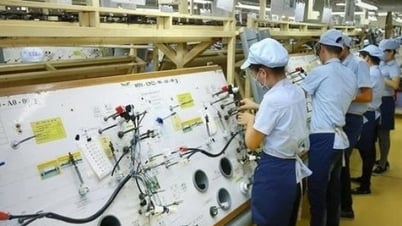








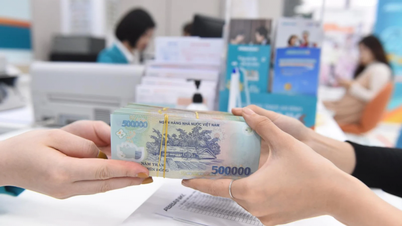
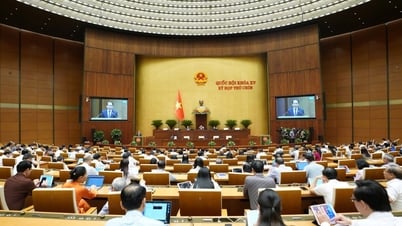

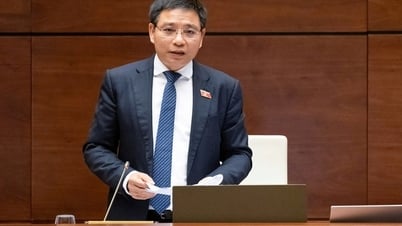





















































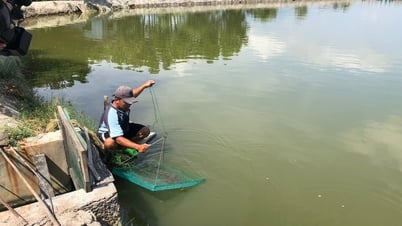

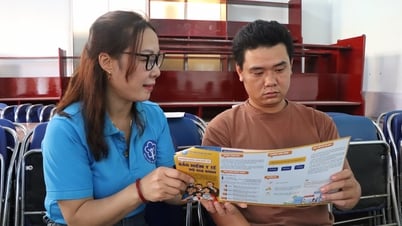
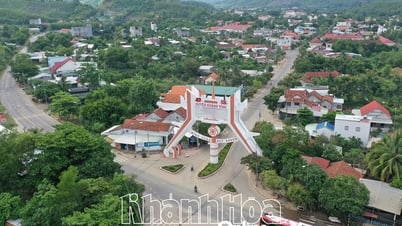











Comment (0)